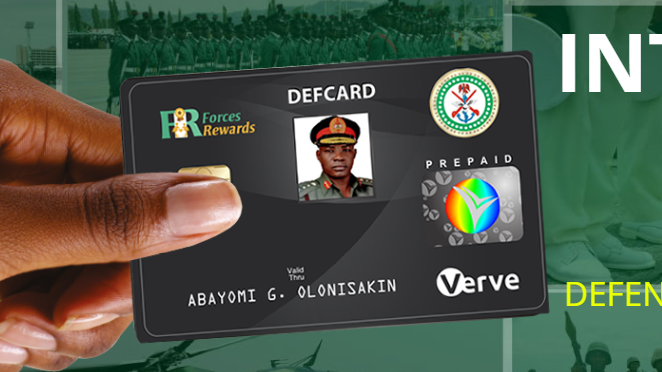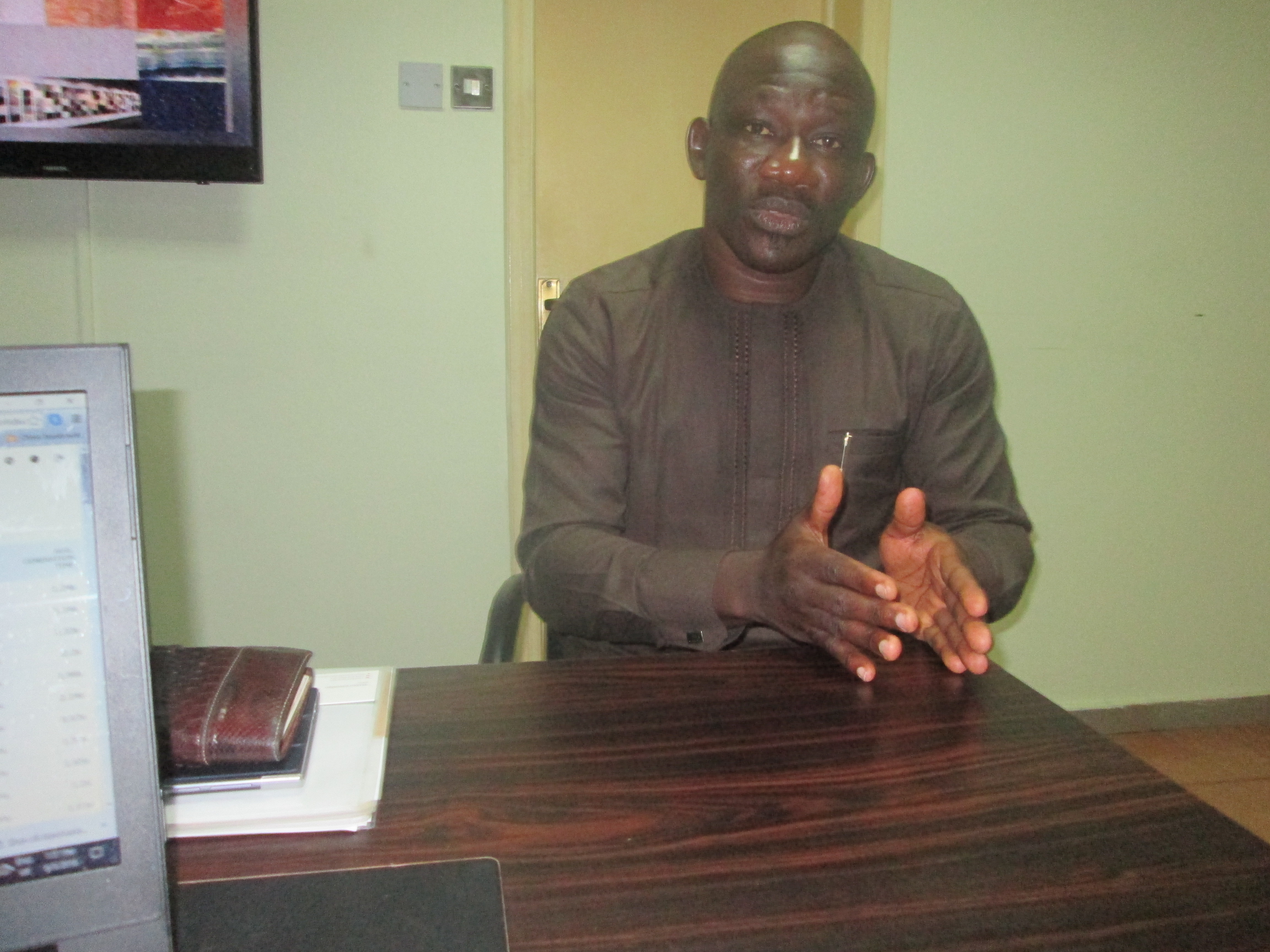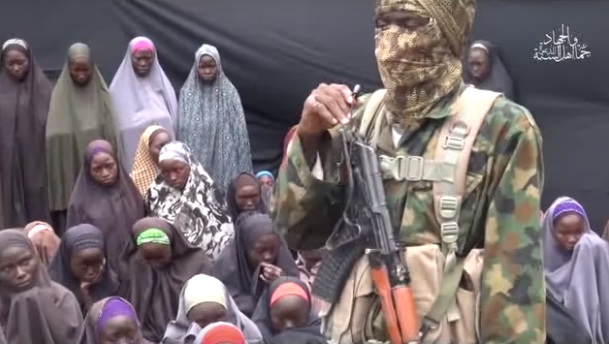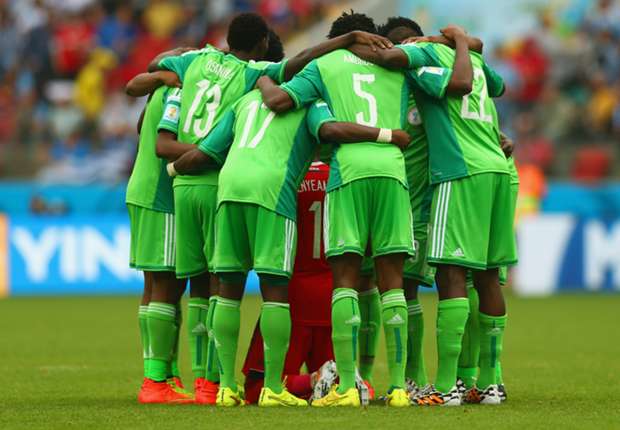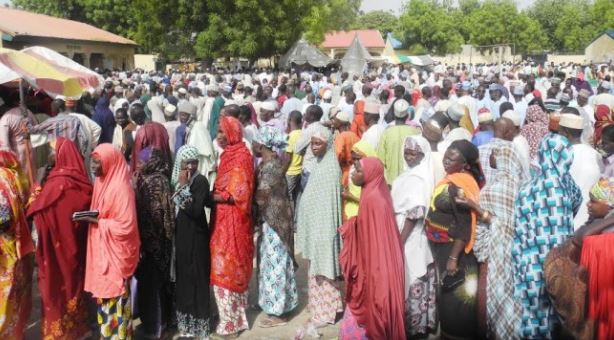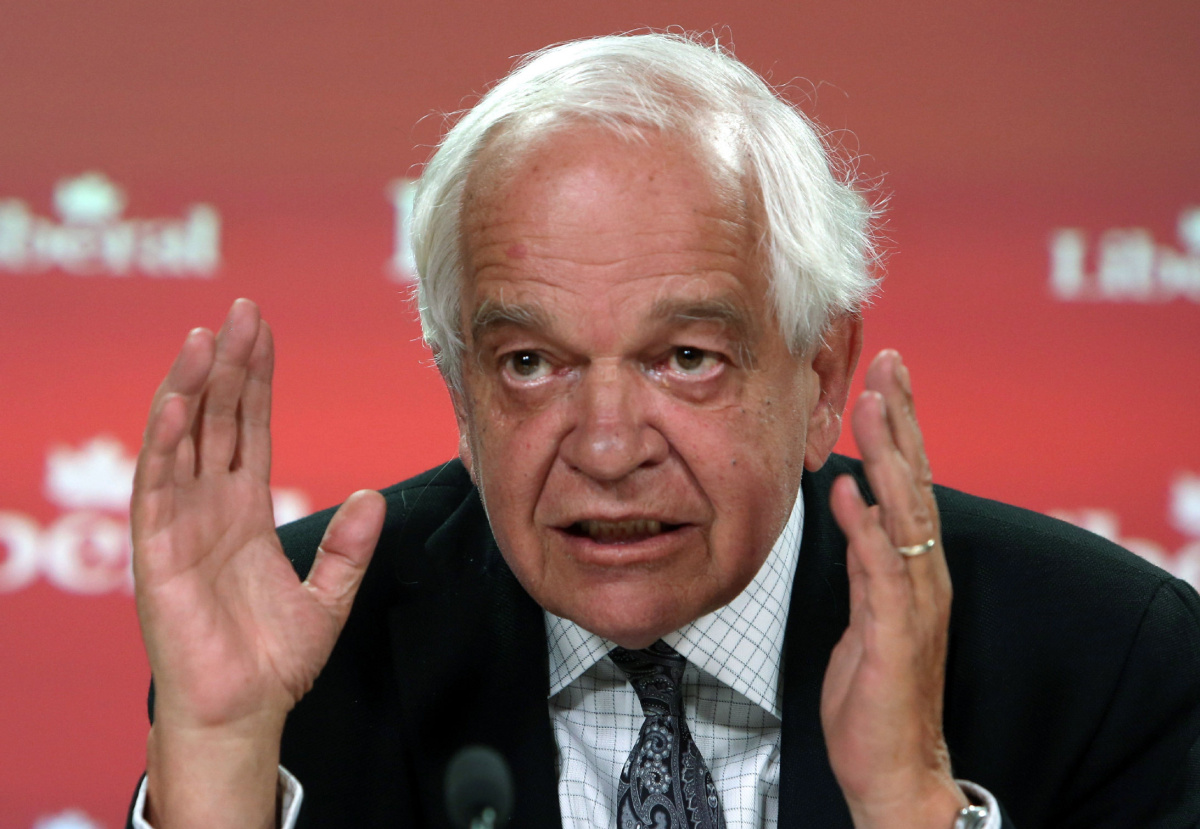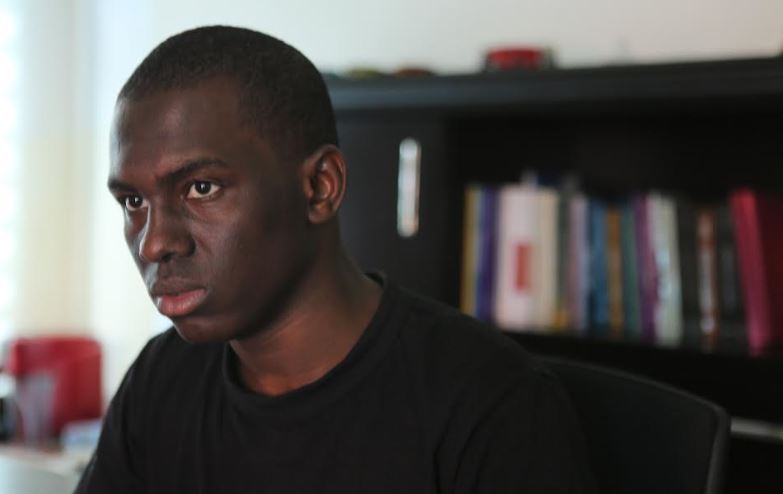Adeolu Adewumi is the managing director/chief executive officer of ForcesRewards — a “groundbreaking and enduring initiative to acknowledge and appreciate the strategic role of security forces in Nigeria”.
The project seeks to boost the morale of security agents, improve their quality of life, deepen community-security forces relations and enhance a secure environment.
Adewumi spoke with TheCable on how exactly the initiative will benefit its target, and his motivation for spearheading it. Excerpts:
Why we are doing it
Advertisement
We felt the need to develop something within Africa, targeted exclusively for the security sector, so that their services to the nation for the protection of lives and property are appreciated, recognised and rewarded.
It is actually for recognition, reward and respect; the three arms. Now, over time, especially in this clime, Nigeria in particular, we’ve had situations and rightly so, where people say the police are too corrupt and the military are too brutal.
The question that comes to mind again is, if you say they are like that, what have we done as an individual, entity or private sector player to change the narrative? So we are throwing it back; it still comes back to us as a society: what have we done, what are we doing to change that narrative, to make them better?
Advertisement
Every single police man and every single military man today is a member of a family. What only distinguishes them is the uniform they are wearing, and that also makes them the potential target in public because you and I can work on the street easily without anybody knowing who we are. But because someone is wearing a uniform, he is already a potential target by miscreants, and he can just be gunned down.
Between 2014 and June 2016, it was recorded that 359 personnel died in active service; I’m talking about the police now. If you break that down, we are talking about 14 personnel per month. How many people are aware of this in the society?
Why we are doing it now
There is so much that the government can do but here is a platform where we are saying the private sector is driving it, and its is driven specifically by the private sector. Why is it coming out or why is it been implemented at this time? It is because there is a need and it is imperative to change the narrative regarding corruption in the system, regarding illegal duty in the system, regarding also boosting the morale of these personnel for them to be more proactive and responsive in terms of ensuring that security is the business of everybody.
Advertisement
We hear people talk about community policing; this is one of the ways we want to reinforce that; to connect people with the community and to let the community drive it and support them.
What is the essence of this project or scheme? For the first time, we have the cashless policy scheme that guarantees discount, ensures benefits and also guarantees sustainable transaction. So, in essence, you have a card instrument that works on a tripod for transaction, for benefits and for identification.
You have a personalised card today for the security sector, for them to use as an identity, for them to use for transaction and for them to use to enjoy benefits. That is it. This is the first time in Nigeria, and on a wider scale in Africa, that an active personnel, because he is serving, can enjoy some benefits exclusively for them and even because he/she is serving, his/her family members can enjoy same benefit. That is why it is a priority plan today.
The project operates under the global scheme of Forces Rewards; and under forces rewards, there is a police welfare reward card and the defence welfare reward card — pol card for the police, def card for the defence (army, navy and air force).
Advertisement
The first of its kind
Advertisement
Again, I repeat, for the first time, we have a card system that active and retired personnel and their dependants can use to connect with the society and enjoy benefits. You don’t have such and it is a prepaid card; it can be used on any POS or ATM platform. It is guarantees them discounts from several merchants that we are onboarding every day. It also guarantees them benefits, such as a N100, 000 for every officer that is killed on action; that is for the active. It also guarantees the same amount to ones who are retired, because of their service to the nation in the past.
People leave the system and they get disconnected from the system and they are not even well-recognised and appreciated by the society; this is one instrument that connects them sustainably to the society. We are talking about merchants that are on board this scheme, that have seen viability, the volume and the beauty of the project. They know it will add value to their products and services also.
Advertisement
For instance, I am not marketing, a policeman who is a pol card holder walks into Tantalizers today and says he wants to buy something, he enjoys a 15% discount instantly. You walk into Star Times today to renew your subscription, you enjoy 5 to 10% discount. So we have several of them on board, because they see the value of these people and they appreciate them. Private universities are on board also; we are talking about Igbinedion University. If you have dependants that go to the school, they want to pay tuition fee, they enjoy upwards of 30% discount of tuition fee.
So it cuts across several spectra of the society where products and services are discounted for these people for their service to the nation. I say again that for the first time, you have a card that active personnel hold, enjoy benefits and secure cards like that for their dependants, that is their wives and two children who are over 16 years of age. Whether the man is on duty or on official mission somewhere, he has his card with him, the wife also has her own personalised card, two dependants have their own personalised cards and they enjoy benefits like the head of the family does, except for the N100, 000 for the active and the retired.
Advertisement
We are talking about also changing the narratives regarding the linkage between security and a secure business climate. Most of the merchants we are engaging — and that is why we are careful about engaging merchants — we are telling them that as you are offering a discount to these people, you are also telling them and demanding from them to do more for the society.
How this project can help reduce corruption among security forces
We want to be able to eliminate or reduce, in a sustainable manner, this idea that every security personnel are corrupt. For instance, a branded Tantalizers bus that passes through a route with police checkpoint, if the driver offers N20 or N50, saying, “Oga take this for the weekend”; now, because this scheme is being implemented as we speak (Tantalizers is already offering discount across aboard), that driver has a mandate to tell the policeman that stops him at the checkpoint that “Oga, you never get your own pol card? Make you go get am o; we are offering you people discount”. That gradually eliminates the idea of demanding for something on the main road; it is a gradual process but we will get there.
Here we are, we have a package that is already gaining momentum, widely lauded and we believe it would change so much regarding the security sector and the society. It will help reinforce that community security on the larger scale and also bridge the gap between the private sector and the security sector.
Procuring the cards
There are two ways. One, you can go online to register yourself; the sole registration platform are the only platform where we interface with them is www.forcesreward.ng; you can go online, upload your picture, fill out the form and pay. The payment to get the card is N1, 500 and it is valid for two years.
In the US, for instance, there is the Veteran’s Advantage project and other programmes are going on around the world. The Veteran’s Advantage charges up to about $5 per month; that is over N1, 500. In the UK, where you have Reward for Forces, it is about £39. So we are saying you secure a card for N1, 500 and you can use that card to enjoy benefits for the next two years.
Every card that is issued in Nigeria must be issued by a bank. Today, we have taken off with Heritage bank and they don’t necessarily need you to have an account domiciled with them because we’ve made the card in such a way that it is prepaid and it is not tied to any bank.
Two, you can get your card by registering through one of our agents that we are deploying across the country to all military and police formations. They register you, you make your payment and you have your card. At the point of registration, whether online or through the agents, you would have indicated the nearest branch of Heritage Bank you want to pick your card from. We are doing that because of security reasons; the cards are secure. You pick your card within a maximum of seven work days and you change the default pin that comes with it to your personalised pin; and for the next two years, you enjoy your benefits and it also guarantees you access to customised income.
N1, 500 not enough to put people off
No. Interestingly, we are receiving interest even from civilians; they have been saying they also want the card. It is not putting them off. The point is, what are the benefits to derive from offering N1, 500. So far, we’ve not had such, though you can’t rule out the fact that there are some people that would say they can’t pay. However, but we’ve had considerable interest and an impressive outing, especially as it is a nobel scheme that is unrivalled, and we have the exclusive mandate to execute it in Nigeria, in partnership with the security agencies.
Motivation for the project.
One thing is the personal fulfillment for me, having been in the system and looking for means to ensure that the system is transformed and developed further. This is a personal fulfillment for me, that I am able to deploy something unique that is well-appreciated and is not just a one-off thing but a sustainable project. Apart from that, we are talking to private sector players, entrepreneurs and manufacturers to key into this; and by the way, the manufactures, entrepreneurs that haven’t keyed into this project, I think they are already missing out, because we have a closed group of people such that we can guarantee consistent patronage for these partners and we guarantee enhanced security.
It’s a revolving thing; you are guaranteeing volume and you also want to ensure that the volume is sustainable, so you contribute something to the scheme. It is a personal fulfillment and it is more or less geared towards a transformation of the security sector.
We are proud to support the security forces in Nigeria, irrespective of the way they are seeing or the ways that they may appear to the outside world; we are proud to support them in order to change the narratives that surround them and we want to encourage the society, the private sector players in particular, the entrepreneurs, to key into this scheme because every company today has one or two security personnel that are linked to that company. So, rather than support one, why don’t you broaden the scope to encourage the entire sector?
We are here to stay and we believe that it is going to be a sustainable thing considering the fact that we already have a six-year agreement to deploy it in Nigeria and we hope that as we move on, the society would support them and support us.
